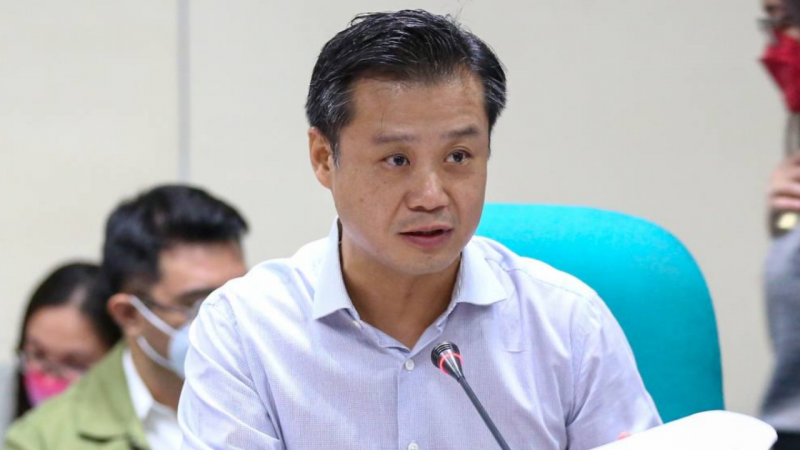By Dang Samson Garcia
AMID calls to review the Universal Access to Quality Tertiary Education or the free higher education law, Senator Sherwin Gatchalian sought to expand the capacity of State Universities and Colleges so that more students can receive free college education.
“Mahalagang hakbang ang pagpapatupad ng libreng kolehiyo upang mabigyan ang ating mga kabataan ng mas magandang kinabukasan. Ngunit dahil sa kakulangan ng ating mga SUCs ng mga silid-aralan, pasilidad, at mga guro, may mga kabataan pa rin tayong hindi nakikinabang sa libreng kolehiyo kahit na kwalipikado sila, at dapat natin itong tugunan,” Gatchalian said.
The lawmaker earlier pointed out how the free higher education law, which he co-authored and co-sponsored, increased the number of learners who pursued college.
Before the enactment of the free higher education law, the progression rates from high school to college stood at 54 percent and 62 percent for Academic Years 2013-2014 and 2014-2015, respectively. When the free higher education law was implemented, the progression rate from senior high school to college surged to an average of 81% from 2018 to 2022.
Gatchalian, however, shared that consultations with presidents of SUCs revealed that some students, who already passed admission exams, end up not enrolling because some SUCs lack teachers, classrooms and facilities that could accommodate them.
Despite the budget increase for free higher education over the years, he lamented that the capital outlay for SUCs did not increase commensurately.
Gatchalian urged the government to develop a roadmap to address capacity issues.
For 2024, the proposed budget for the implementation of the free higher education law is P51.1 billion.
Gatchalian also said that a national screening test to determine the eligibility of students for free college education is unnecessary as SUCs and local universities and colleges already have their own admission exams.
He gave assurances that through the Second Congressional Commission on Education, efforts to strengthen basic education will continue to improve learners’ chances of entering and completing college.







